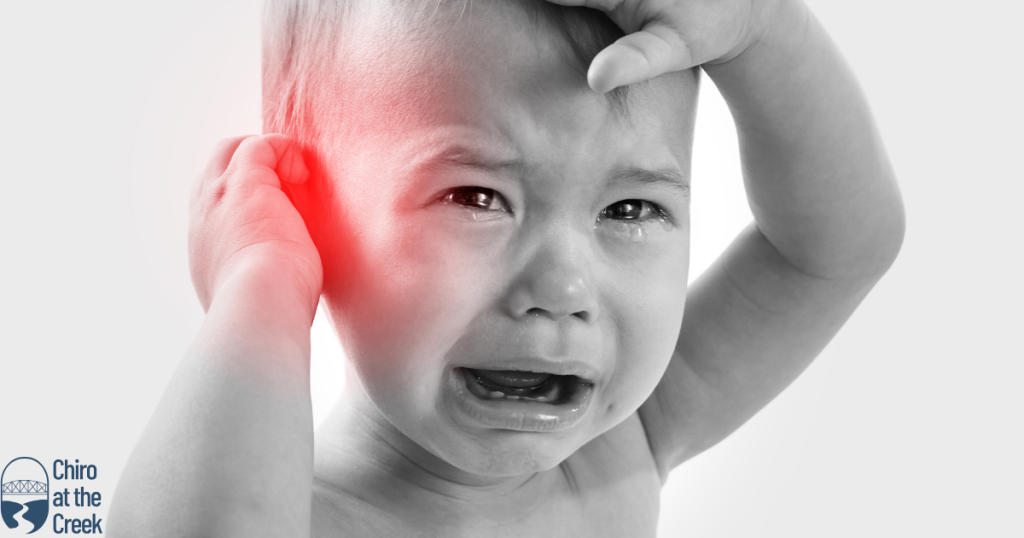Relieving Jaw Pain: The Role of Chiropractic Care
Understanding Jaw Pain: Causes and Symptoms
Jaw pain, also known as temporomandibular joint disorder (TMJ), is a common condition that affects millions of people worldwide. It can be caused by various factors, including stress, teeth grinding, misalignment of the jaw, arthritis, or injury to the jaw joint. The symptoms of jaw pain can vary from mild discomfort to severe pain, making it difficult to eat, speak, or even open and close the mouth properly.
One of the primary causes of jaw pain is stress. When we are stressed, we tend to clench our jaw or grind our teeth, putting excessive pressure on the temporomandibular joint (TMJ). This can lead to inflammation, muscle tension, and pain in the jaw area. Additionally, misalignment of the jaw joint can also contribute to jaw pain. If the jaw is not properly aligned, it can put strain on the surrounding muscles and joints, leading to discomfort and pain.
The Connection Between Jaw Pain and Chiropractic Care
Chiropractic care focuses on the musculoskeletal system, including the spine, joints, and muscles. While many people associate chiropractic care with back or neck pain, it can also be highly effective in treating jaw pain. Chiropractors are trained to identify and correct misalignments in the spine and other joints, including the jaw joint.
Chiropractic Techniques for Relieving Jaw Pain
Chiropractors use a variety of techniques to relieve jaw pain and restore proper alignment to the jaw joint. One common technique is spinal manipulation, also known as chiropractic adjustment. This involves applying controlled force to the spine or jaw joint to realign the bones and reduce inflammation. By restoring proper alignment, chiropractic adjustments can alleviate pressure on the jaw joint and relieve pain.
In addition to spinal manipulation, chiropractors may also use other techniques such as massage therapy, stretching exercises, and lifestyle modifications to address the underlying causes of jaw pain. For example, if stress is a contributing factor, chiropractors may recommend stress management techniques or relaxation exercises to help reduce jaw clenching and teeth grinding.
Benefits of Chiropractic Care for Jaw Pain Relief
Chiropractic care offers several benefits for individuals suffering from jaw pain. Firstly, it provides a non-invasive and drug-free approach to pain relief. Unlike medications or surgery, chiropractic care focuses on addressing the root cause of the problem rather than just masking the symptoms. This can lead to long-term relief and improved overall health.
Furthermore, chiropractic care is a safe and effective treatment option for jaw pain. According to a study published in the Journal of Oral Rehabilitation, chiropractic treatment was found to be effective in reducing pain and improving jaw function in individuals with TMJ disorders. The study also reported that chiropractic care had no adverse effects on the participants.
In conclusion, jaw pain can be a debilitating condition that affects daily activities and quality of life. Understanding the causes and symptoms of jaw pain is crucial in seeking appropriate treatment. Chiropractic care offers a holistic approach to jaw pain relief by addressing the underlying causes and restoring proper alignment to the jaw joint. With its non-invasive nature and proven effectiveness, chiropractic care can provide long-term relief and improved overall well-being for individuals suffering from jaw pain.













